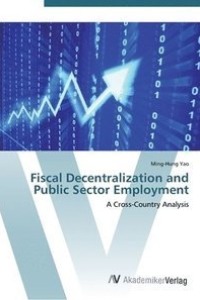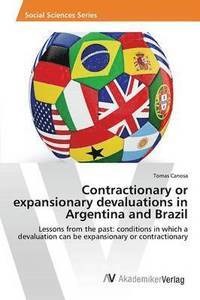
Liknande böcker
Fiscal Decentralization and Public Sector Employment : A Cross-Country Analysis
Bok av Yao Ming-Hung
Revision with unchanged content. There is little doubt that government activities play an important role in the modern economy. Government influences the economy via several instruments, such as fiscal policies and monetary policies. Public sector employment is an important tool of fiscal policy and accounts for a considerable share of total employment in many economies. It has attracted a great deal of attention over the past two decades. Decentralization, the transfer of authority and responsibility for public functions from the central government to subnational government, has been a worldwide trend in the last two decades and might have influenced the public sector employment. According to our theoretical model, fiscal decentralization limits the central government budget constraint, and, therefore, lowers the level of public sector employees at the central government level; meanwhile, it drives the subnational government employment level to increase. The empirical results of GMM approach show that the country's total public sector employment level as a percentage of population of a country is positively correlated to its degree of fiscal decentralization. We also find that it is positively correlated to degree of urbanization and the openness of a country.
Visa pris inkl. frakt Inkl. frakt
Fiscal Decentralization and Public Sector Employment : A Cross-Country Analysis
559 kr
Finns i lager







